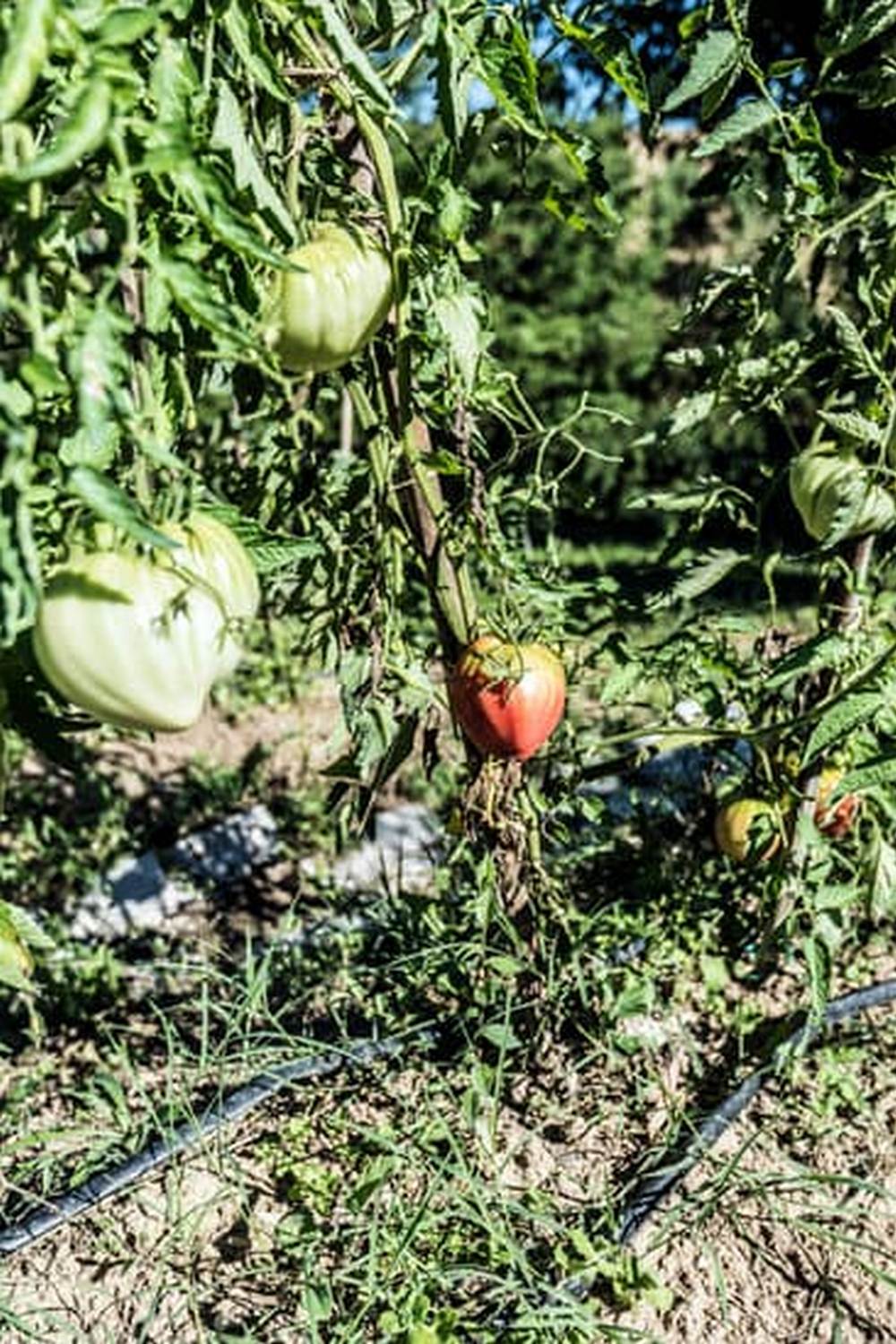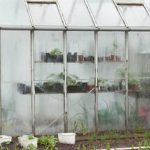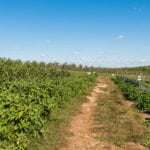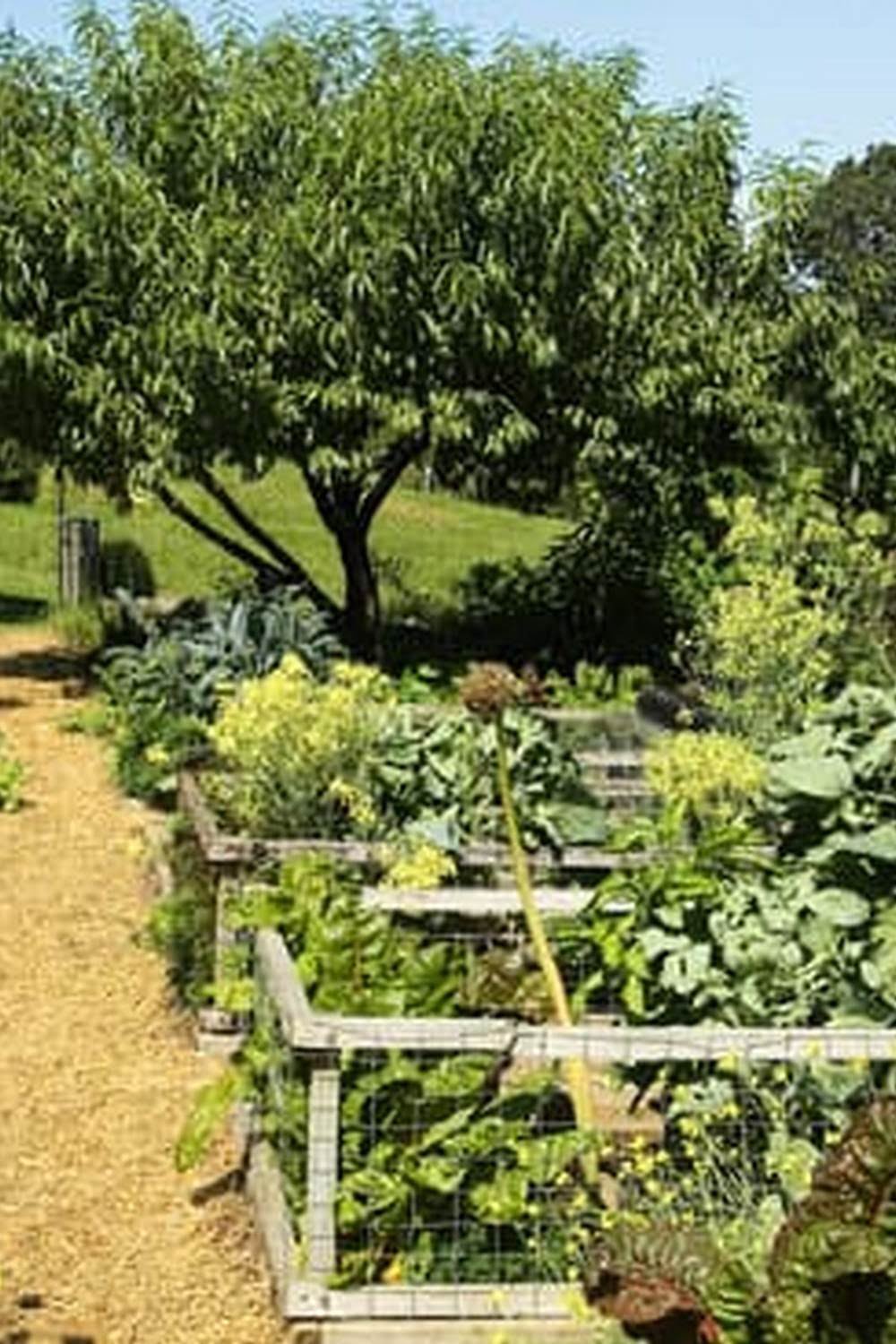This question has sparked debates and discussions among experts and enthusiasts alike. In this article, we will delve into the uses of glyphosate in agriculture, examine its potential risks and effects on soil and plant health, explore regulations and guidelines for safe use, consider alternative weed control methods, offer tips for safe application, and review relevant case studies and research findings.
Glyphosate is a widely used herbicide in agriculture for its effectiveness in controlling weeds. It is commonly used to manage weeds in fields, orchards, vineyards, and even home vegetable gardens. However, concerns about its safety have prompted many to question whether it is suitable for use around edible plants. Understanding the potential risks associated with glyphosate exposure in vegetable gardens is essential for making informed decisions about its use.
As we explore the topics related to glyphosate use in vegetable gardens, it is important to approach the subject with an open mind and consider both sides of the debate. By examining the facts and evidence regarding glyphosate’s impact on soil and plant health, we can gain valuable insights into how to navigate its use in our own gardening practices.
Understanding the Potential Risks of Glyphosate Exposure in Vegetable Gardens
Glyphosate, a widely used herbicide in agriculture, has raised concerns about its potential risks when used in vegetable gardens. While glyphosate is effective at controlling weeds, there are potential health and environmental risks associated with its use in home garden settings.
Potential Health Risks
Exposure to glyphosate can pose risks to human health, especially if proper safety measures are not followed. Studies have shown that glyphosate exposure can be linked to various health issues such as cancer, reproductive problems, and endocrine disruption. When using glyphosate in vegetable gardens, it’s important for gardeners to take precautions to minimize exposure, such as wearing protective clothing and using the herbicide in well-ventilated areas.
Environmental Impacts
In addition to human health concerns, the use of glyphosate in vegetable gardens can also have negative impacts on the environment. Glyphosate has been found to contaminate soil and water, leading to potential harm to beneficial organisms such as earthworms and other soil microbes. Furthermore, glyphosate runoff from treated areas can impact nearby ecosystems and wildlife. Considering these potential environmental impacts is crucial when deciding whether to use glyphosate in vegetable gardens.
Weighing the Risks
When determining whether glyphosate is safe for use in vegetable gardens, it’s important for gardeners to weigh the potential risks against the benefits of weed control. While glyphosate is effective at managing weeds, it’s essential for gardeners to consider alternative methods for weed control that may pose fewer risks to human health and the environment. Making an informed decision about the use of glyphosate in vegetable gardens involves considering these potential risks alongside best practices for safe usage.
Examining the Effects of Glyphosate on Soil and Plant Health
Glyphosate, the active ingredient in popular herbicides like Roundup, has been widely used in agriculture for decades. It is effective in controlling weeds and promoting crop growth, making it a valuable tool for farmers and gardeners alike. However, concerns have been raised about the potential effects of glyphosate on soil and plant health, especially in vegetable gardens where food is grown for consumption.
Impact on Soil Microbiota
One of the primary concerns regarding the use of glyphosate in vegetable gardens is its impact on soil microbiota. Research has shown that glyphosate can disrupt the balance of beneficial microorganisms in the soil, leading to decreased nutrient availability and overall soil health. This can have a negative impact on the growth and development of vegetables, ultimately affecting their quality and nutritional value.
Residue Accumulation in Plants
Another area of concern is the potential accumulation of glyphosate residues in plants grown in vegetable gardens. Studies have suggested that exposure to glyphosate can result in residues being absorbed by the plants, which could then be consumed by humans. While regulatory agencies have established acceptable levels of glyphosate residues in food crops, some individuals may prefer to minimize their exposure as much as possible.
Long-Term Effects
The long-term effects of glyphosate use in vegetable gardens are still not fully understood. It is important to consider how repeated use of glyphosate may impact soil fertility and the overall health of the garden ecosystem over time. Additionally, there is a need for more research to determine any potential risks associated with prolonged exposure to glyphosate residues through consuming vegetables grown in treated soil.
Regulations and Guidelines for the Safe Use of Glyphosate in Vegetable Gardens
Glyphosate is a widely used herbicide in agriculture, including vegetable gardens. While it is effective in controlling weeds, there are important regulations and guidelines that must be followed to ensure its safe use in vegetable gardens.
Here are some regulations and guidelines for the safe use of glyphosate in vegetable gardens:
- Read and follow the label instructions: It is crucial to carefully read and follow the label instructions provided by the manufacturer. This includes information on application rates, proper protective equipment, and safety precautions.
- Use appropriate personal protective equipment (PPE): When handling glyphosate, it is important to use PPE such as gloves, long-sleeved shirts, long pants, and closed-toe shoes to minimize skin contact.
- Avoid spraying on windy days: Glyphosate can drift and affect non-target plants if sprayed on windy days. It is best to apply the herbicide on calm weather conditions to prevent unintended exposure.
It is important to note that while following these regulations and guidelines can minimize risks associated with glyphosate use in vegetable gardens, it is also essential to consider alternative methods for weed control. By integrating cultural practices such as mulching, hand-weeding, and crop rotation, gardeners can reduce their reliance on herbicides like glyphosate while promoting sustainable gardening practices.
Alternative Methods for Weed Control in Vegetable Gardens
When considering the use of glyphosate in vegetable gardens, it is important to explore alternative methods for weed control that may be safer and more environmentally friendly. Here are some alternatives to consider:
- Manual weeding: Pulling weeds by hand can be a highly effective method of controlling unwanted plants in your vegetable garden. It allows for targeted removal of specific weeds without causing harm to surrounding plants.
- Mulching: Applying a layer of organic mulch, such as wood chips or straw, can help suppress weed growth by blocking sunlight and preventing weed seeds from germinating. Mulching also helps retain moisture in the soil and improve overall soil health.
- Companion planting: Intercropping vegetables with companion plants that naturally repel weeds can help reduce the need for herbicides. For example, planting marigolds or nasturtiums alongside your vegetables can deter pests and suppress weed growth.
By exploring these alternative methods, vegetable gardeners can minimize their reliance on glyphosate and other chemical herbicides while still effectively managing weeds.
It is important to weigh the potential risks and benefits of using glyphosate in vegetable gardens. By understanding the alternatives available for weed control, gardeners can make informed decisions about the best practices for maintaining a healthy and productive vegetable garden.
Tips for Safely Using Glyphosate in Vegetable Gardens
Glyphosate is a widely used herbicide in agriculture, including in vegetable gardens. When used properly, glyphosate can effectively control weeds and improve the overall health of vegetable plants. However, it is important for gardeners to take necessary precautions to ensure the safe use of glyphosate in their gardens.
One important tip for safely using glyphosate in vegetable gardens is to carefully read and follow the manufacturer’s instructions on the product label. This includes using the recommended amount of glyphosate, wearing appropriate protective clothing, and applying the herbicide during calm weather conditions to prevent drift. Additionally, gardeners should avoid spraying glyphosate near water sources to minimize the risk of contamination.
Another important consideration when using glyphosate in vegetable gardens is to be mindful of nearby wildlife and beneficial insects. Glyphosate can have negative effects on non-target organisms, so it is crucial to apply the herbicide selectively and with caution. Furthermore, gardeners should refrain from using glyphosate near edible parts of vegetables and fruits to prevent potential human exposure.
In addition to following safety guidelines, it is also recommended to consider alternative methods for weed control in vegetable gardens. This may include hand-weeding, mulching, or using organic herbicides. By integrating these strategies into a comprehensive weed management plan, gardeners can minimize their reliance on glyphosate while promoting a healthier and more sustainable gardening environment.
| Tips for Safely Using Glyphosate | In Vegetable Gardens |
|---|---|
| Follow manufacturer’s instructions | Wear protective clothing |
| Avoid spraying near water sources | Consider alternative weed control methods |
Case Studies and Research Findings on Glyphosate and Vegetable Gardens
Glyphosate, a widely used herbicide in agriculture, has sparked concerns about its safety when used in vegetable gardens. Research findings and case studies offer valuable insights into the potential risks and effects of glyphosate on soil, plant health, and human exposure.
One study published in the Journal of Agricultural and Food Chemistry found that glyphosate residues can persist in the soil for up to 6 months after application. This raises concerns about the long-term impact on soil health and microbial activity, which play crucial roles in supporting plant growth and nutrient uptake in vegetable gardens.
Additionally, research conducted by the University of California Riverside suggests that glyphosate may negatively impact the beneficial soil bacteria and fungi that are essential for maintaining a healthy garden ecosystem.
In terms of plant health, a study from the University of Washington revealed that glyphosate can affect the nutritional quality of vegetables grown in contaminated soil. The researchers found that glyphosate exposure led to reduced levels of essential minerals such as iron, manganese, and zinc in various vegetable crops.
These findings emphasize the importance of considering the potential impact on food quality when using glyphosate in vegetable gardens. Given these research findings, it is important for gardeners to weigh the potential risks before deciding whether or not to use glyphosate for weed control in their vegetable gardens.
Conclusion
In conclusion, the use of glyphosate in vegetable gardens is a topic that should be carefully considered by gardeners. While glyphosate has been widely used in agriculture for decades and is effective in controlling weeds, there are potential risks associated with its use. The effects of glyphosate on soil and plant health, as well as the potential for human exposure, are important factors to consider.
It is important for vegetable gardeners to be aware of regulations and guidelines for the safe use of glyphosate in order to minimize potential risks. This includes following proper application techniques, using protective gear when handling glyphosate, and being mindful of environmental factors that could impact its effectiveness. Additionally, being informed about alternative methods for weed control in vegetable gardens can provide gardeners with options to consider beyond the use of glyphosate.
Case studies and research findings can also provide valuable insights into the real-world effects of glyphosate on vegetable gardens. By staying informed about the latest research and understanding how glyphosate may impact soil, plants, and human health, gardeners can make informed decisions about whether or not to use glyphosate in their vegetable gardens.
Ultimately, it is crucial for gardeners to weigh the potential benefits of using glyphosate against any associated risks and make decisions that prioritize the health and sustainability of their vegetable gardens.
Frequently Asked Questions
Can Glyphosate Be Used in Vegetable Garden?
Glyphosate can be used in a vegetable garden, but it should be done with caution. It is important to carefully follow the instructions on the product label and take measures to prevent drift onto desirable plants.
Can You Eat Tomatoes That Have Been Sprayed With Roundup?
Tomatoes that have been sprayed with Roundup or any product containing glyphosate should not be consumed until after the recommended waiting period has passed. It’s essential to adhere to the product label instructions and wait for the specified time before harvesting and consuming treated vegetables.
How Long Does Glyphosate Stay in the Soil?
Glyphosate can persist in the soil for several months, depending on factors such as soil type, weather conditions, and microbial activity. Studies have shown that glyphosate residues can be detected in soil for up to 6 months after application, but degradation rates may vary.
It’s crucial to consider these factors when planning crop rotations or planting schedules in areas where glyphosate has been used.

If you’re looking to get into vegetable gardening, or are just looking for some tips on how to make your current garden better, then you’ve come to the right place! My name is Ethel and I have been gardening for years. In this blog, I’m going to share with you some of my best tips on how to create a successful vegetable garden.





